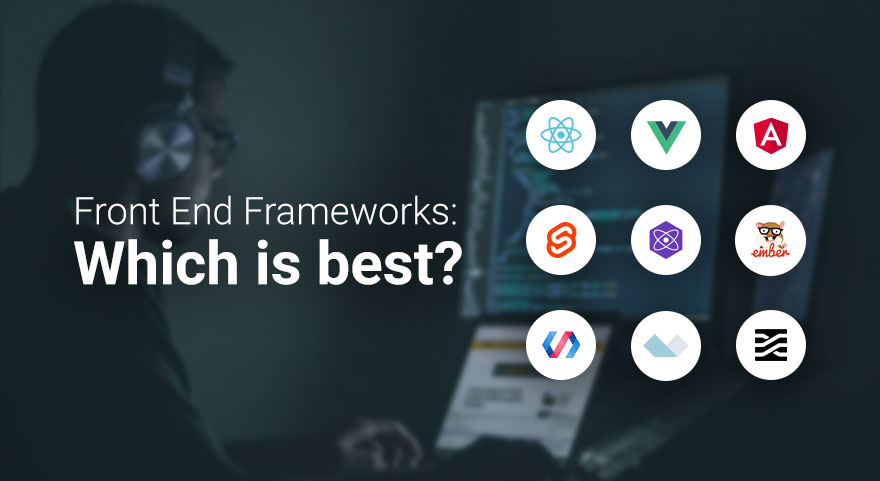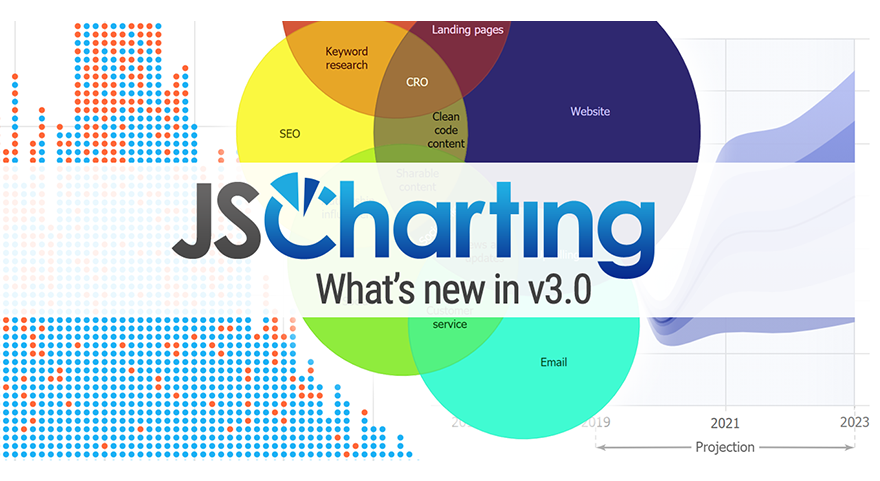The internet has grown immensely in the last decade and growth continues to accelerate. This growth means that the amount of data present on the web has also grown to an enormous size. This data can be used to the benefit of many businesses in understanding market trends, customer behaviors and the growth or decline of a product. According to a recent report on global data management, 95% of the organizations in the US use their data sets and big data to understand their market and develop business strategies. There are a number of ways how big data can help drive business intelligence in this data focused world.
Ease the Understanding of Information
A picture is worth a thousand words. Or, in this case, a picture is worth many thousands of data entries. A data visualization tool as simple as a pie chart can help you visualize the data that would otherwise consume a massive data source such as a grid or table. Data visualization helps people understand and absorb information quickly, by making them look at the bigger picture instead of thousands of pieces of a puzzle. By looking at this bigger picture, people can easily correlate and understand the relationships between business conditions and bring them into focus. In short, data analysis and data visualization help you connect the dots in your business and your data.
For example, this simple pie chart sums up the data about the population of the entire world and classifies it based on the region. This includes data from 195 countries and 7 continents summed up in a simple, small chart.
Easily Convey your Message
These days with huge amounts of information flowing to people, it has become more difficult for businesses to grab the attention of their audience. If they manage to do so, it is almost impossible to hold it for longer than a minute until they lose their attention again. With such short attention spans, it is important to convey your message quickly and effectively. Data visualization helps you share your data and insights quickly without losing the interest of your audience. The dashboard of a fitness band application is a perfect example of this; it packs different aspects of data into amazing graphics and gives the user a clear idea of his fitness progress at a glance.
Reduce the Need for IT Geeks
Only a short time ago, when data visualization was not as popular as today, understanding big data was very difficult. Most organizations that wanted to reap the benefits of big data had to hire IT specialists. These IT specialists or data scientists would harvest the data from the web and work to understand the patterns. The problem with these IT specialists was that they did not know what to do with data or from what perspective to look at those trends in the big data. Nowadays data visualization software has made it easier for insight managers and non-technical people to understand complex data in real-time. Business users can now easily develop insights according to the information available and use it to the benefit of their organizations with self-service reporting that doesn't require data scientists to configure.
Recognize the Outliers
Data visualization helps you recognize the outliers in your data. Seeing a drop in sales and being able to jump on and address that quickly can meaningfully impact your bottom line. Conversely, seeing a jump in sales and being able to maximize opportunities for your business as they happen can have a long term positive result. By avoiding negative impacts and expanding positive ones, paying attention to outliers in your data with business analytics can maximize your business returns and enhance data-driven decisions.
Strategize
One of the main reasons behind the popularity of big data and data visualization is that it helps pull back the veil on business data and reveal important market trends. It provides them insight into what a customer likes in their product and also enabled them to learn some of the negative aspects of their products. In short data visualization helps businesses develop better strategies to improve their performance and decision making. Intelligence tools processing real-time data yield actionable insights and facilitate data exploration. Regardless of the large amounts of data in your organization, data analytics combined with interactive visualizations in your analytics platform helps key decision makers strategize and make informed decisions to drive your products forward!
Take Action
The last but most important step in understanding your data is taking action according to your understanding. Data visualization has helped us at every step in business. From understanding the data to presenting it to the audience, and building strategies. In the last step data visualization helps you review your strategies, implement them and evaluate them from time to time using bespoke solutions or prebuilt BI tools, it's never been easier to perform in-depth data discovery for your business. And if any issues are found, data visualization helps you identify them and take action quickly to get better results.


